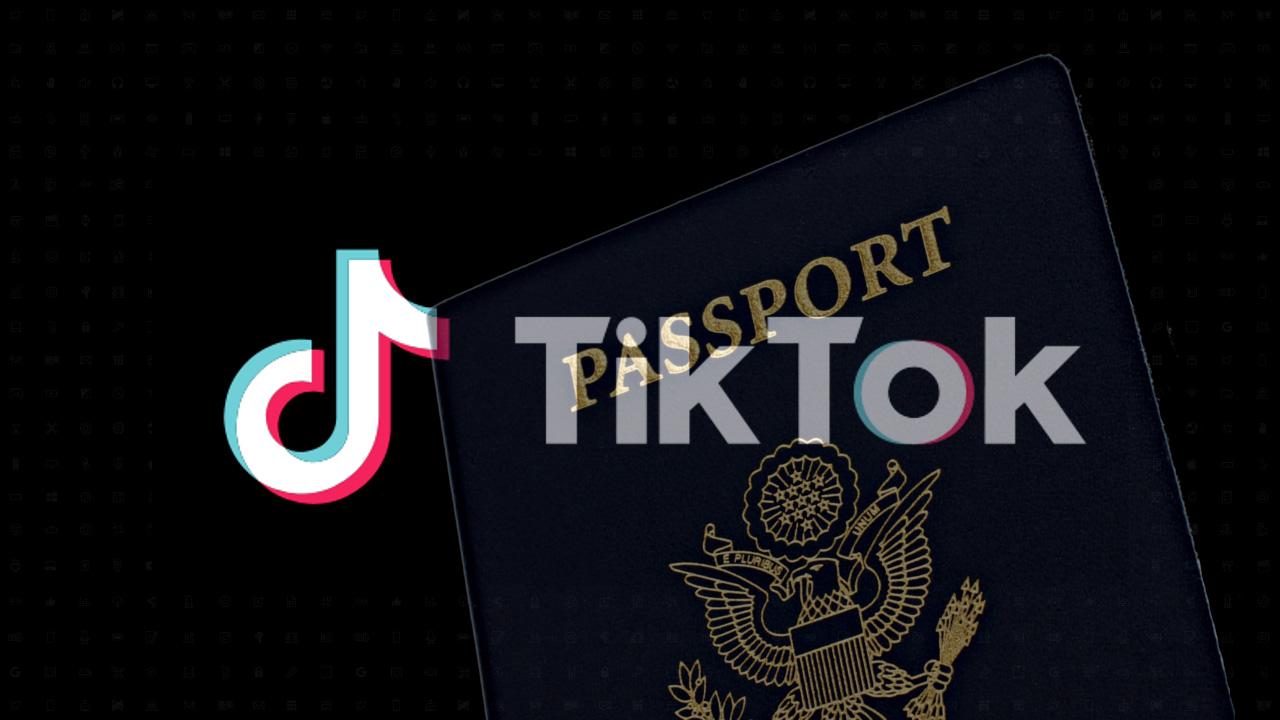The Role of AI and Machine Learning in Data Automation for BPO
In the present context of business competition, AI and ML have taken the BPO processes by storm; these novel technologies provide opportunities to companies for enhancing operational efficiencies, minimizing errors, and scaling down costs. It is here that BPOs, by data automation, are expected to unravel huge databases with minimal human interventions, resulting in swifter and more accurate results. How AI and ML Enhance BPO Services Improved Accuracy and Efficiency Artificial intelligence and machine learning algorithms are designed to analyze huge sets of data, enabling them to make predictions and recognize patterns. This invariably reflects in the quality of data accuracy, which exceeds manual endeavors when employed in BPO. Automated systems using AI perform mundane tasks, including data validation, data extraction, and error checking, faster and with fewer errors. Cost Reduction A strong benefit of AI-based automation in BPO is cost reduction. Artificial intelligence automation requires less manpower than traditionally trussed laborious tasks. AI tools also work 24/7, totally eliminating employee fatigue and ensuring constant productivity for companies. Enhanced Decision Making Machine learning is more than a series of basic automation routines; it analyzes vast amounts of data and constructs actionable insights for them. The implication is that enhanced decision-making can be achieved by a BPO company. Through the application of predictive analytics, firms can predict trends, identify potential disruptions, and fine-tune their working conditions. This promotes not only the efficiency in their BPO performance but also the strategic planning of the enterprises supported. Scalability As businesses expand, so do their needs in processing data. Traditional manual approaches just can't keep up with the ever-increasing loads. However, with AI and data automation catering to all needs and time without hassle, the scaling becomes very smooth sailing. Whether thousands or millions of data points, AI systems can pick up the burden and exert pressure on businesses to scale up without painful hiring. AI and ML applications fit quite well in the BPO industry Intelligent Data Entry One of the prime applications of AI in BPO is intelligent automatic data entry. AI-based tools can extract content from documents, categorize it, and input it into databases with a great amount of accuracy. Therefore, the manual data entry operation and chances of human error are eliminated. Chatbots and Virtual Assistants The use of AI chatbots and virtual assistants has been frequently adopted by various BPOs for customer services and support functions. These take care of routine questions, transfer calls, and provide help with troubleshooting, guaranteeing timely and accurate responses to clients. Document Processing BPOs generating massive sums of documents, such as invoices, contracts, or legal forms, have a lot to gain from the use of AI-powered document processing. Machine learning algorithms can identify and extract key information, classify documents, and even perform sentiment analysis all while saving time for businesses and automation on manual work. The Future of BPO with: AI And Machine Learning The integration of AI and machine learning into business outsourcing services is still in its infancy, but it will provide further opportunities into efficiency, reduction of costs, and innovation in the time ahead; and those businesses investing today in AI-based automation will be well-poised to meet the demands of tomorrow. Artificial intelligence and machine learning can also open new avenues for BPOs to provide supplementary services, such as, for instance, predictive modeling for anticipating customer needs or advanced data analytics for deepening insights into market trends. Conclusion AI and machine learning are proving to be the game-changers of BPO, ushering in faster, more accurate, and more scalable data automation. As AI takes an ever more important role in BPO, businesses that apply the technology will find themselves increasing their operational efficiency while driving down costs and bolstering their market positioning. The fusion of intelligent data entry, chatbots, and fraud detection technology will singularly steer the BPO into a progressive future.

In the present context of business competition, AI and ML have taken the BPO processes by storm; these novel technologies provide opportunities to companies for enhancing operational efficiencies, minimizing errors, and scaling down costs. It is here that BPOs, by data automation, are expected to unravel huge databases with minimal human interventions, resulting in swifter and more accurate results.
How AI and ML Enhance BPO Services
Improved Accuracy and Efficiency
Artificial intelligence and machine learning algorithms are designed to analyze huge sets of data, enabling them to make predictions and recognize patterns. This invariably reflects in the quality of data accuracy, which exceeds manual endeavors when employed in BPO. Automated systems using AI perform mundane tasks, including data validation, data extraction, and error checking, faster and with fewer errors.Cost Reduction
A strong benefit of AI-based automation in BPO is cost reduction. Artificial intelligence automation requires less manpower than traditionally trussed laborious tasks. AI tools also work 24/7, totally eliminating employee fatigue and ensuring constant productivity for companies.Enhanced Decision Making
Machine learning is more than a series of basic automation routines; it analyzes vast amounts of data and constructs actionable insights for them. The implication is that enhanced decision-making can be achieved by a BPO company. Through the application of predictive analytics, firms can predict trends, identify potential disruptions, and fine-tune their working conditions. This promotes not only the efficiency in their BPO performance but also the strategic planning of the enterprises supported.Scalability
As businesses expand, so do their needs in processing data. Traditional manual approaches just can't keep up with the ever-increasing loads. However, with AI and data automation catering to all needs and time without hassle, the scaling becomes very smooth sailing. Whether thousands or millions of data points, AI systems can pick up the burden and exert pressure on businesses to scale up without painful hiring.
AI and ML applications fit quite well in the BPO industry
Intelligent Data Entry
One of the prime applications of AI in BPO is intelligent automatic data entry. AI-based tools can extract content from documents, categorize it, and input it into databases with a great amount of accuracy. Therefore, the manual data entry operation and chances of human error are eliminated.Chatbots and Virtual Assistants
The use of AI chatbots and virtual assistants has been frequently adopted by various BPOs for customer services and support functions. These take care of routine questions, transfer calls, and provide help with troubleshooting, guaranteeing timely and accurate responses to clients.Document Processing
BPOs generating massive sums of documents, such as invoices, contracts, or legal forms, have a lot to gain from the use of AI-powered document processing. Machine learning algorithms can identify and extract key information, classify documents, and even perform sentiment analysis all while saving time for businesses and automation on manual work.
The Future of BPO with: AI And Machine Learning
The integration of AI and machine learning into business outsourcing services is still in its infancy, but it will provide further opportunities into efficiency, reduction of costs, and innovation in the time ahead; and those businesses investing today in AI-based automation will be well-poised to meet the demands of tomorrow.
Artificial intelligence and machine learning can also open new avenues for BPOs to provide supplementary services, such as, for instance, predictive modeling for anticipating customer needs or advanced data analytics for deepening insights into market trends.
Conclusion
AI and machine learning are proving to be the game-changers of BPO, ushering in faster, more accurate, and more scalable data automation. As AI takes an ever more important role in BPO, businesses that apply the technology will find themselves increasing their operational efficiency while driving down costs and bolstering their market positioning. The fusion of intelligent data entry, chatbots, and fraud detection technology will singularly steer the BPO into a progressive future.




































/cdn.vox-cdn.com/uploads/chorus_asset/file/24435316/STK150_Bing_AI_Chatbot_02.jpg)










![United Passenger’s Upgrade Mishap Sparks Seat Loss—Here’s the Critical Step to Avoid It [Roundup]](https://viewfromthewing.com/wp-content/uploads/2018/09/20170607_112204.jpg?#)


























